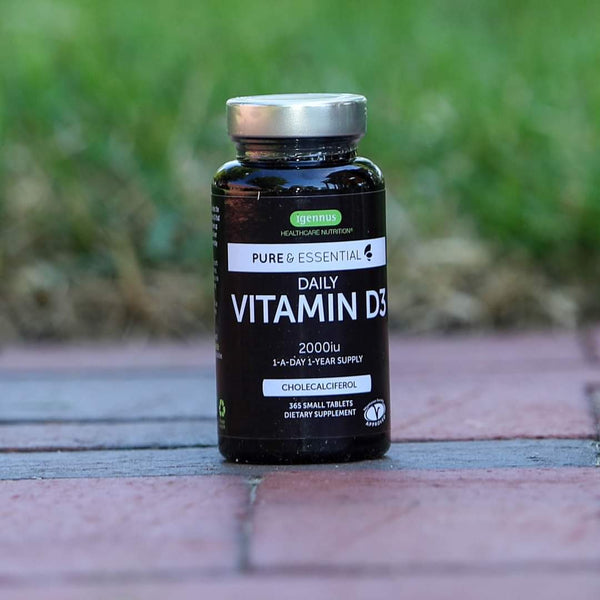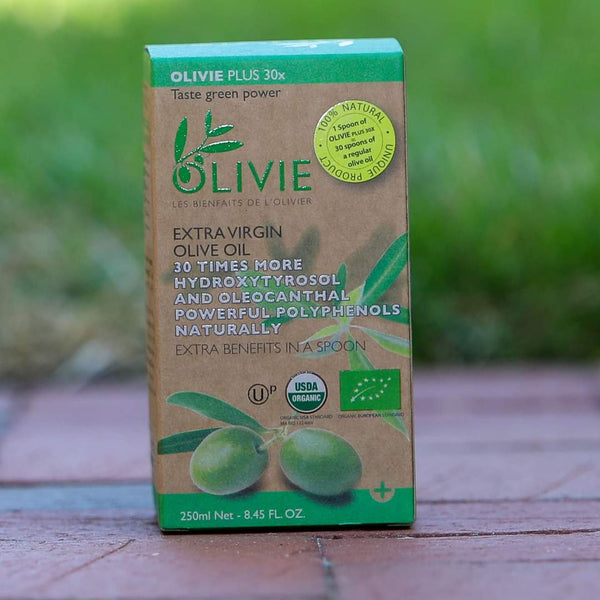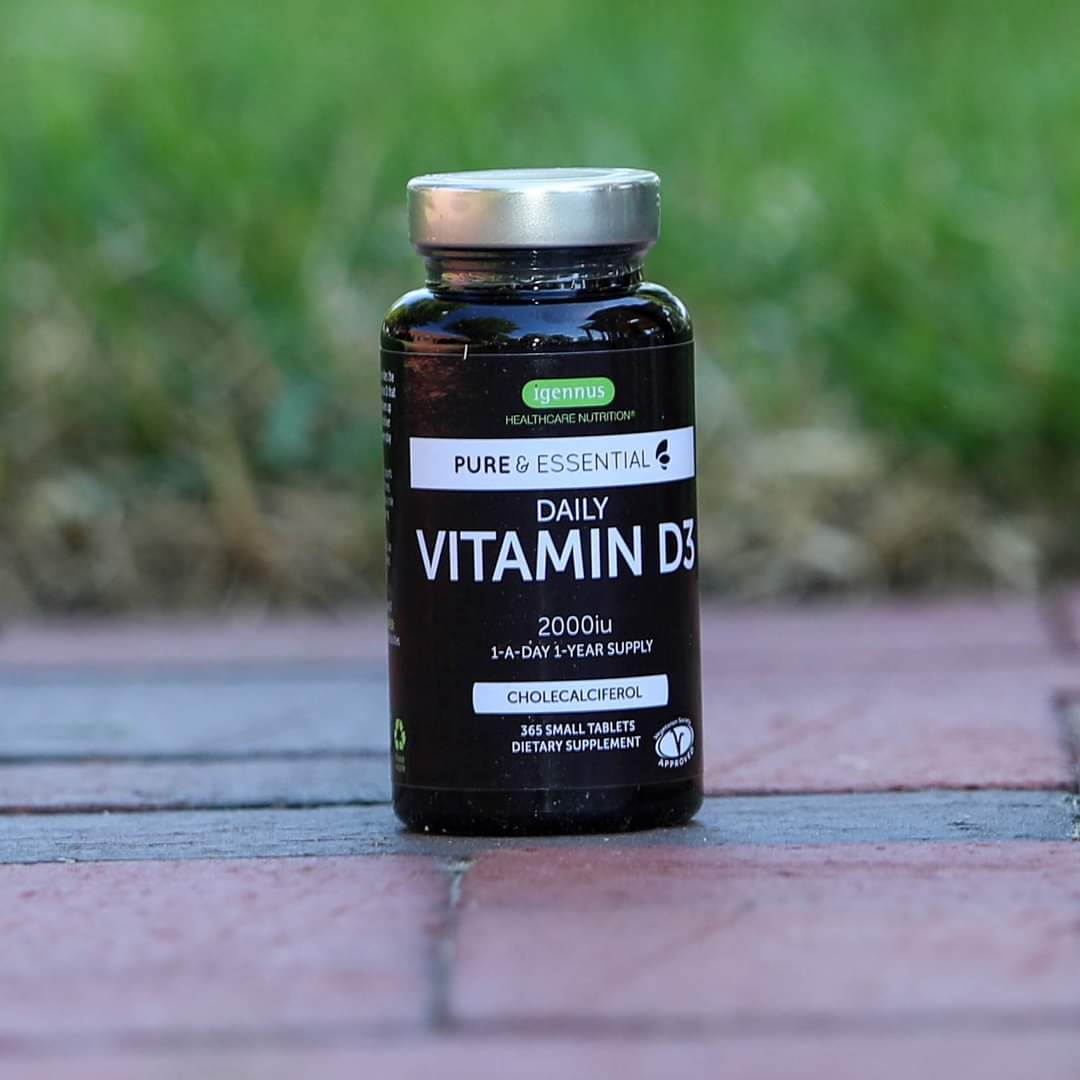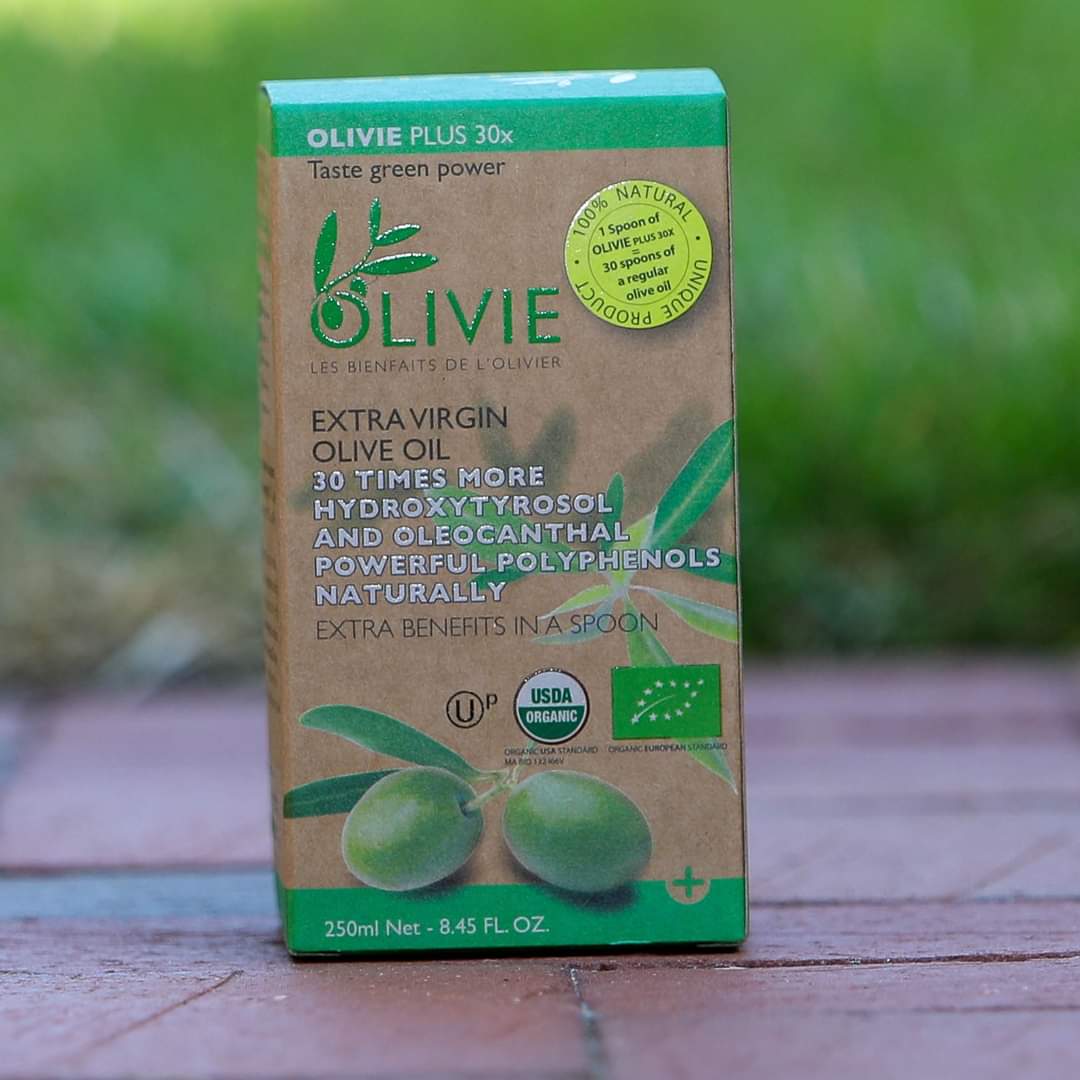Sku:
Barcode:
Availability: In stock (40 items)
Product type:
Vendor: Eden Wellness Moringa LLC
Sku:
Barcode:
Availability: In stock (48 items)
Product type:
Vendor: Eden Wellness Moringa LLC
Sku:
Barcode:
Availability: In stock (78 items)
Product type:
Vendor: Eden Wellness Moringa LLC
Sku:
Barcode:
Availability: In stock (93 items)
Product type:
Vendor: Eden Wellness Moringa LLC
Sku:
Barcode:
Availability: In stock (30 items)
Product type:
Vendor: Eden Wellness Moringa LLC
Sku:
Barcode:
Availability: In stock (64 items)
Product type:
Vendor: Eden Wellness Moringa LLC
Sku:
Barcode:
Availability: In stock (79 items)
Product type:
Vendor: Eden Wellness Moringa LLC
Sku:
Barcode:
Availability: In stock (87 items)
Product type:
Vendor: Eden Wellness Moringa LLC
Sku:
Barcode:
Availability: In stock (72 items)
Product type:
Vendor: Eden Wellness Moringa LLC
Sku:
Barcode:
Availability: In stock (60 items)
Product type:
Vendor: Eden Wellness Moringa LLC
Sku:
Barcode:
Availability: In stock (57 items)
Product type:
Vendor: Eden Wellness Moringa LLC
Sku:
Barcode:
Availability: In stock (79 items)
Product type:
Vendor: Eden Wellness Moringa LLC
Sku:
Barcode:
Availability: In stock (47 items)
Product type:
Vendor: Eden Wellness Moringa LLC
Sku:
Barcode:
Availability: In stock (91 items)
Product type:
Vendor: Eden Wellness Moringa LLC
Sku:
Barcode:
Availability: In stock (55 items)
Product type:
Vendor: Eden Wellness Moringa LLC
Sku:
Barcode:
Availability: In stock (100 items)
Product type:
Vendor: Eden Wellness Moringa LLC
Sku:
Barcode:
Availability: In stock (54 items)
Product type:
Vendor: Eden Wellness Moringa LLC
Sku:
Barcode:
Availability: In stock (93 items)
Product type:
Vendor: Eden Wellness Moringa LLC
Sku:
Barcode:
Availability: In stock (45 items)
Product type:
Vendor: Eden Wellness Moringa LLC
Sku:
Barcode:
Availability: In stock (57 items)
Product type:
Vendor: Eden Wellness Moringa LLC
Sku:
Barcode:
Availability: In stock (65 items)
Product type:
Vendor: Eden Wellness Moringa LLC
Sku:
Barcode:
Availability: In stock (42 items)
Product type:
Vendor: Eden Wellness Moringa LLC
Sku:
Barcode:
Availability: In stock (63 items)
Product type:
Vendor: Eden Wellness Moringa LLC
Sku:
Barcode:
Availability: In stock (93 items)
Product type:
Vendor: Eden Wellness Moringa LLC
Sku:
Barcode:
Availability: In stock (79 items)
Product type:
Vendor: Eden Wellness Moringa LLC
Sku:
Barcode:
Availability: In stock (34 items)
Product type:
Vendor: Eden Wellness Moringa LLC
Sku:
Barcode:
Availability: In stock (48 items)
Product type:
Vendor: Eden Wellness Moringa LLC
Sku:
Barcode:
Availability: In stock (80 items)
Product type:
Vendor: Eden Wellness Moringa LLC
Sku:
Barcode:
Availability: In stock (73 items)
Product type:
Vendor: Eden Wellness Moringa LLC
Sku:
Barcode:
Availability: In stock (98 items)
Product type:
Vendor: Eden Wellness Moringa LLC
Sku:
Barcode:
Availability: In stock (59 items)
Product type:
Vendor: Eden Wellness Moringa LLC
Sku:
Barcode:
Availability: In stock (19 items)
Product type:
Vendor: Eden Wellness Moringa LLC
Sku:
Barcode:
Availability: In stock (75 items)
Product type:
Vendor: Eden Wellness Moringa LLC
Sku:
Barcode:
Availability: In stock (61 items)
Product type:
Vendor: Eden Wellness Moringa LLC
Sku:
Barcode:
Availability: In stock (90 items)
Product type:
Vendor: Eden Wellness Moringa LLC
Sku:
Barcode:
Availability: In stock (70 items)
Product type:
Vendor: Eden Wellness Moringa LLC
Sku:
Barcode:
Availability: In stock (81 items)
Product type:
Vendor: Eden Wellness Moringa LLC
Sku:
Barcode:
Availability: In stock (91 items)
Product type:
Vendor: Eden Wellness Moringa LLC
Sku:
Barcode:
Availability: In stock (74 items)
Product type:
Vendor: Eden Wellness Moringa LLC
Sku:
Barcode:
Availability: In stock (98 items)
Product type:
Vendor: Eden Wellness Moringa LLC
Sku:
Barcode:
Availability: In stock (92 items)
Product type:
Vendor: Eden Wellness Moringa LLC
Sku:
Barcode:
Availability: In stock (100 items)
Product type:
Vendor: Eden Wellness Moringa LLC
Sku:
Barcode:
Availability: In stock (92 items)
Product type:
Vendor: Eden Wellness Moringa LLC
Sku:
Barcode:
Availability: In stock (99 items)
Product type:
Vendor: Eden Wellness Moringa LLC
Sku:
Barcode:
Availability: In stock (97 items)
Product type:
Vendor: Eden Wellness Moringa LLC
Sku:
Barcode:
Availability: In stock (98 items)
Product type:
Vendor: Eden Wellness Moringa LLC
Sku:
Barcode:
Availability: In stock (98 items)
Product type:
Vendor: Eden Wellness Moringa LLC
Sku:
Barcode:
Availability: In stock (91 items)
Product type:
Vendor: Eden Wellness Moringa LLC
Sku:
Barcode:
Availability: In stock (84 items)
Product type:
Vendor: Eden Wellness Moringa LLC











